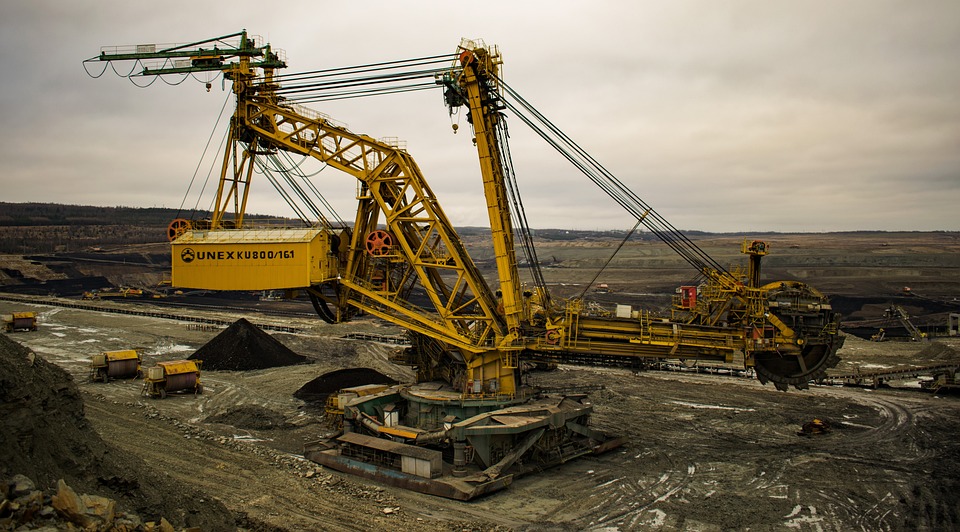Breaking the Thermal Barriers with Water-Cooling Systems: Is it Finally ‘Cooling Off’ CPU Usage?
As processing power continues to increase, one major concern faced by computer enthusiasts and gamers is the rising temperature of computer components, particularly the central processing unit (CPU). High temperatures can lead to reduced performance, reduced lifespan, and even system crashes. In this article, we’ll explore the concept of breaking the thermal barriers with water-cooling systems and whether it’s finally "cooling off" CPU usage.
Understanding CPU Heat
Before we dive into the solution, let’s briefly explain the root of the problem. CPUs generate heat as a byproduct of their operation. The heat is generated by the billions of transistors and diodes that process immense amounts of data. This heat can quickly rise to hazardous levels, especially when coupled with other heat-generating components, such as graphics cards and power supplies.
The Limitations of Air Cooling
Traditional air cooling solutions, such as fans and heat sinks, have been the go-to solution for many years. While effective for cooling smaller components, air cooling has its limitations when it comes to high-performance CPUs. As CPUs continue to increase in power, air cooling can struggle to keep up, resulting in temperatures that quickly approach the boiling point of water (100°C or 212°F).
Enter Water Cooling
Water cooling solutions, on the other hand, have been gaining popularity in recent years. By utilizing a circulating fluid to dissipate heat, water cooling systems can offer significantly better performance and lower temperatures than air-based solutions.
How Water Cooling Works
The basic principle of water cooling is simple: a liquid coolant (usually a mixture of water and coolant) is pumped through a series of copper or aluminum tubes and a radiator. As the CPU generates heat, it causes the coolant to increase in temperature. The heated coolant is then transferred to the radiator, where it is cooled by air or a fan. The cooled coolant then returns to the CPU, providing a continuous cooling process.
Benefits of Water Cooling
So, what are the benefits of using water cooling systems for CPU cooling?
- Better Temperature Control: Water cooling systems can maintain temperatures up to 10°C (18°F) lower than air-based solutions, making them ideal for high-performance applications.
- Increased Reliability: Water cooling is less prone to dust and debris buildup, reducing the risk of overheating.
- Improved Noise Reduction: Many water cooling systems are designed to be silent, providing a more enjoyable experience for gamers and content creators.
- Compact Design: Recent advancements in water cooling technology have led to more compact designs, making them easier to integrate into small form factor PCs.
Challenges and Limitations
While water cooling offers numerous benefits, there are also some challenges and limitations to consider:
- Cost: Water cooling systems are generally more expensive than air-based solutions, making them less accessible for budget-conscious builders.
- Maintenance: Water cooling systems require regular maintenance to ensure optimal performance, including cleaning and refilling the coolant.
- Cabling and Setup Complexity: Water cooling systems require additional cabling and setup complexity, which can be daunting for beginners.
Conclusion
Breaking the thermal barriers with water-cooling systems is finally "cooling off" CPU usage, allowing enthusiasts and power users to achieve optimal performance without sacrificing system reliability and longevity. While there are challenges and limitations to consider, the benefits of water cooling have made it a popular choice for those seeking to push the boundaries of processing power.
As the demand for high-performance computing continues to grow, water cooling will undoubtedly play a crucial role in keeping pace with the ever-increasing demands on our CPUs. Whether you’re building a gaming PC, a workstation, or a server, water cooling is definitely worth considering as a means to break free from the limitations of air-based cooling solutions.
Sources:
- PC Gamers Forum – "Water Cooling 101: A Beginner’s Guide"
- TechPowerUp! – "Water Cooling vs. Air Cooling: Which is Best for Your CPUs?"
- Tom’s Hardware – "The Future of CPU Cooling: Water Cooling Pros and Cons"
- Linus Tech Tips – "Water Cooling vs. Air Cooling: A Scientific Comparison"

